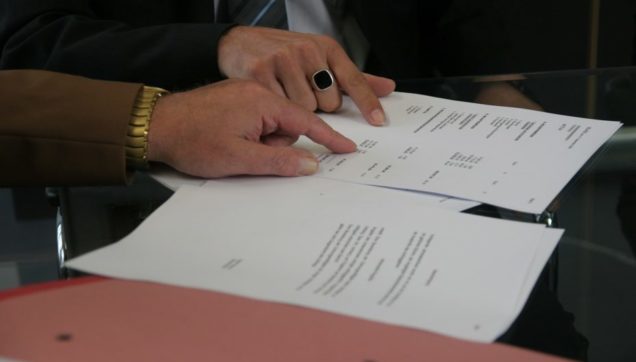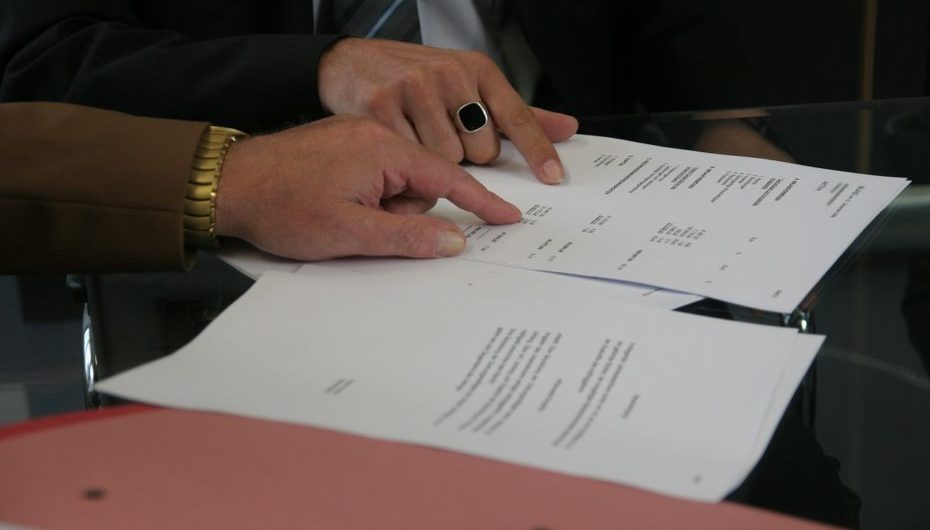Before signing a lease agreement, many tenants want to have a commercial lease renewal provision. While most commercial leases range in length from 5 to 10 years, the renewal clause gives the tenant the option to extend the lease after the original term expires. When it comes to offering tenants long-term or short-term leases, landlords have many options.
In this article, you learn about important facts regarding negotiating commercial lease renewals and when it is advantageous to do so.
Renewal Options in Commercial Lease Agreements
In general, long-term leases with renewal options are of benefit only to the tenant. This allows the tenant to put their business plan into place and have options to expand in the future. Although landlords have better options offering short-term leases with some renewal options, commercial tenants are reluctant to agree to these.
What a renewal provision allows for
Let’s look at some of the terms and factors that make up a commercial lease renewal clause.
Notice period. If a tenant wished to extend the lease for longer than the initial terms, they need to give the landlord notice that this is their intention. This is usually from 6 to 12 months. Having a longer period gives landlords and commercial property brokers plenty of time to find tenants to occupy the space.
Term. The term states the length of the lease renewal period. A good lease agreement with a renewal option will give a few long-term options like 3 or 5 years or something else similar.
Rate. In the renewal option, you need to state the renewal rental rate. In some cases, you can stipulate a fixed rate or you can decide to offer the rate as Fair Market Value (FMV). This is often the best option because it gives some options to get a fair rental rate that reflects current market values.
When including the FMV clause, it’s important to define on what basis the fair market value rate will be calculated. For example, you can include more than just the current value of the property rental space. You could include any improvements that have been done to the building or take into account any improvements that the tenant has made.
If you are a landlord, then you have to consider the rental renewal options very carefully. Generally, they only benefit the tenant and may restrict your options in the future to get another commercial tenant in the space who is willing to pay a higher rent.












